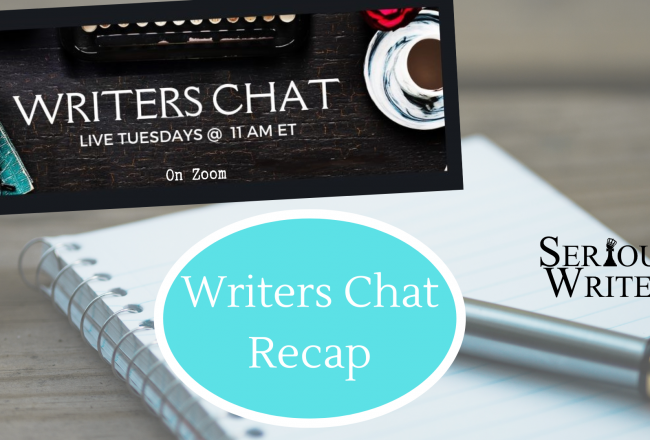
PERSEVERANCE – LILY 2
After the whole “Frozen” saga at the ball, my life returned to normal. Normal in the sense that my…
April 26, 2017
After the whole “Frozen” saga at the ball, my life returned to normal. Normal in the sense that my…
April 26, 2017
Nothing freezes your brain faster than a series of meetings on the minutiae of government grant management. Trust me.…
April 25, 2017
Please Lord, please…could I possibly get an honorable mention? Just one of those beautiful folders with a certificate inside.…
April 23, 2017
Why is it that some characters stick in our minds? What is it about them that causes us identify…
April 22, 2017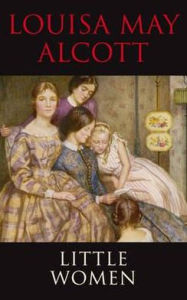
by Sandra Merville Hart I was a teenager the first time I read Louisa May Alcott’s Little Women. A…
April 21, 2017
I frequently get asked the question of how I got published. Okay. I’ll tell. God placed the notion on…
April 20, 2017
In any good story, the protagonist can only achieve her external story goal by first overcoming a deep inner…
April 19, 2017
Great authors write using the five senses. They are masters of drawing their readers deeper into the world, scene,…
April 19, 2017
“Based on what we know of the creature’s hormones,” Doctor Stein said, “we’ve managed to keep our little captive…
April 17, 2017
Welcome Joyce, please tell us about your most Recent Book I had self-published my newest book, God and…
April 15, 2017
As a former magazine editor and someone who has written for many publications, I’ve got good news. Every magazine…
April 12, 2017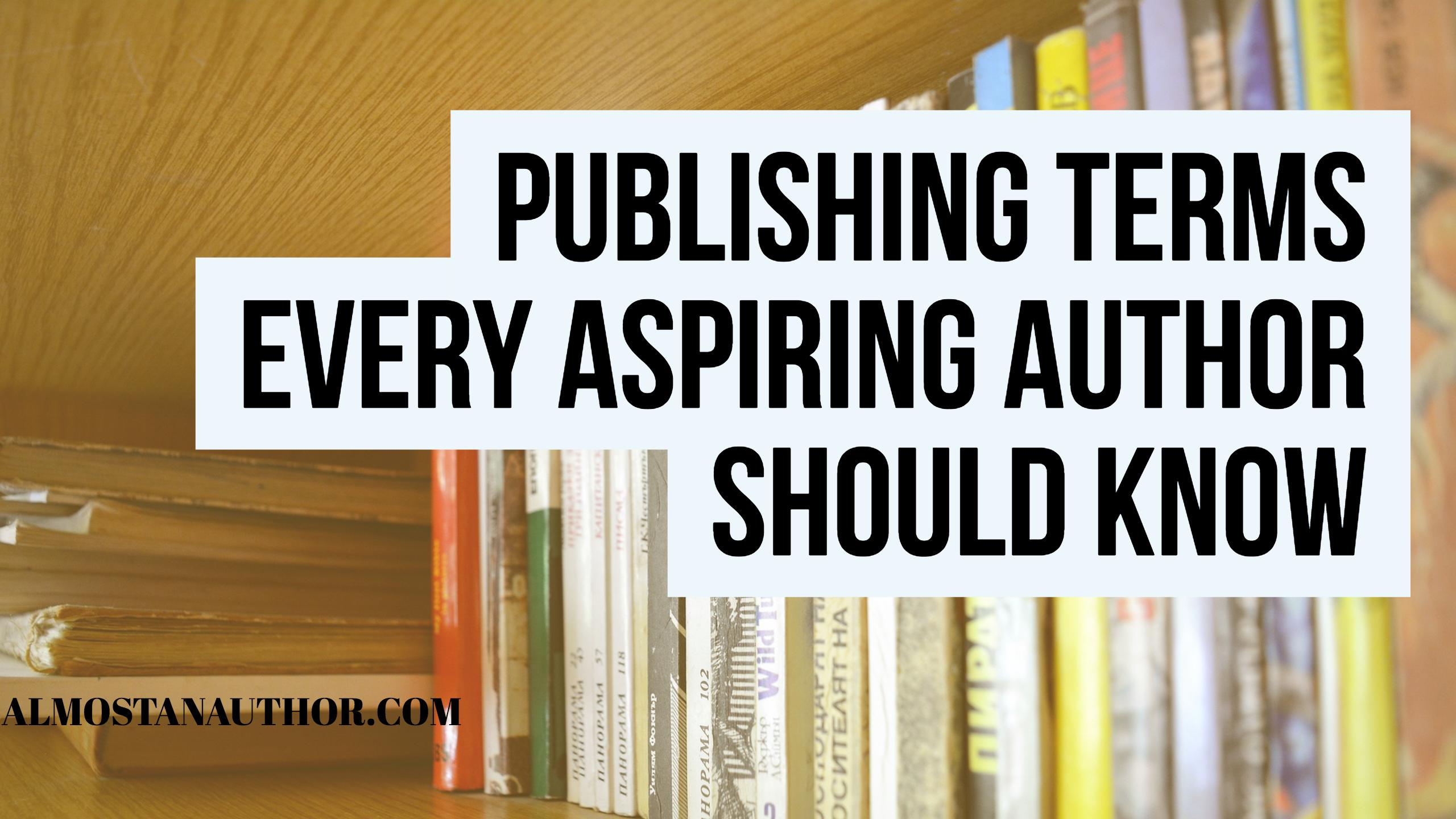
If you’re planning to attend a writing conference any time soon, it may be wise to freshen up…
April 8, 2017
“Murder committed on a dark and stormy night.” “A grouchy widow lives alone in a broken down cottage.”…
April 6, 2017
[vc_row][vc_column][vc_column_text]The steamer which crossed the Pacific from Yokohama to San Francisco made a direct connection with that from Hong…
April 5, 2017
There’s a whole lot of ugliness going on in this world. War, political infighting, abuse. It’s enough to make a…
April 5, 2017
“Pastor, I used to be religious. I’d pray and read my Bible, I don’t know what happened, I…
April 4, 2017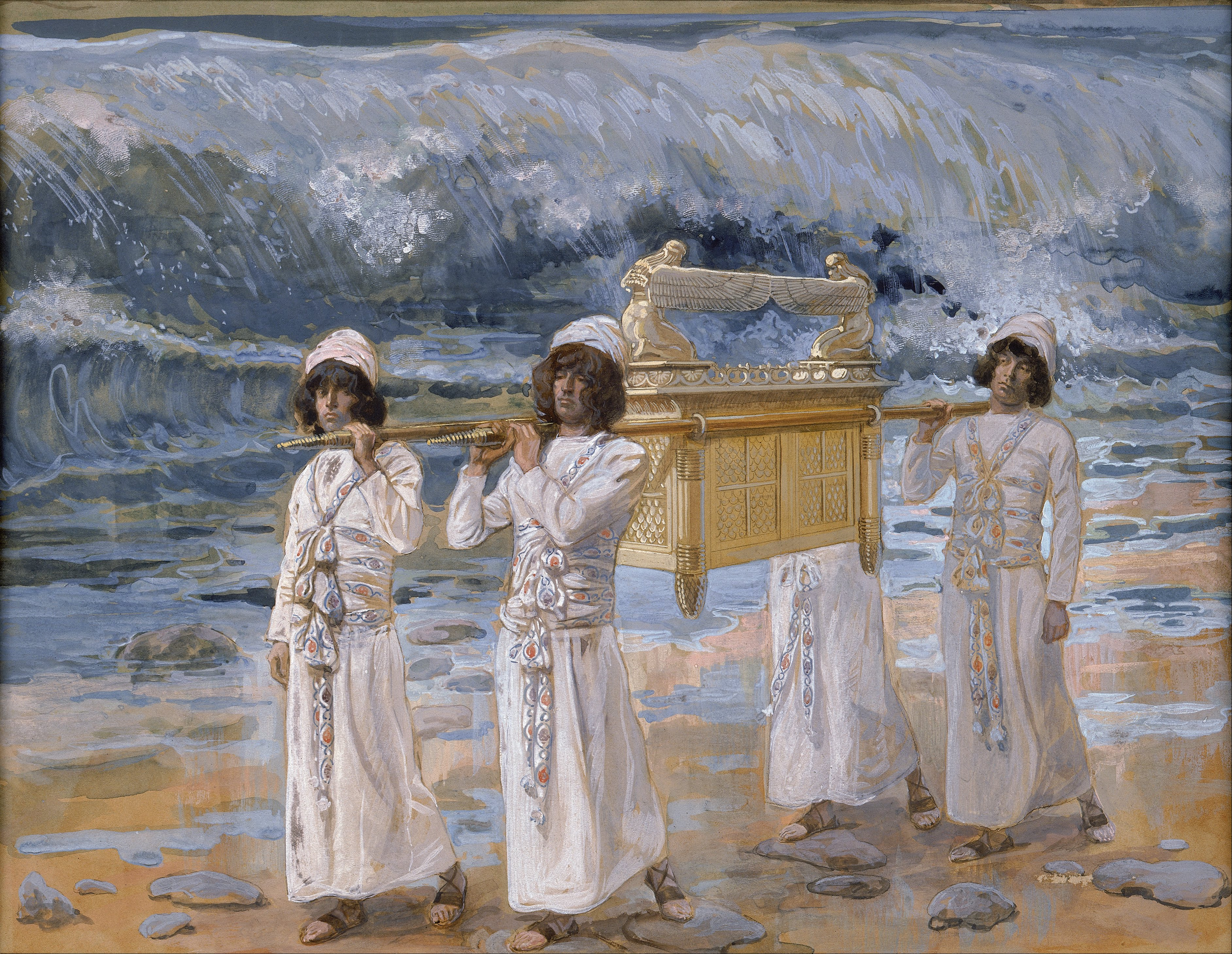
If you are ministering through your writing, then I am certain that at some point in your ministry God…
April 4, 2017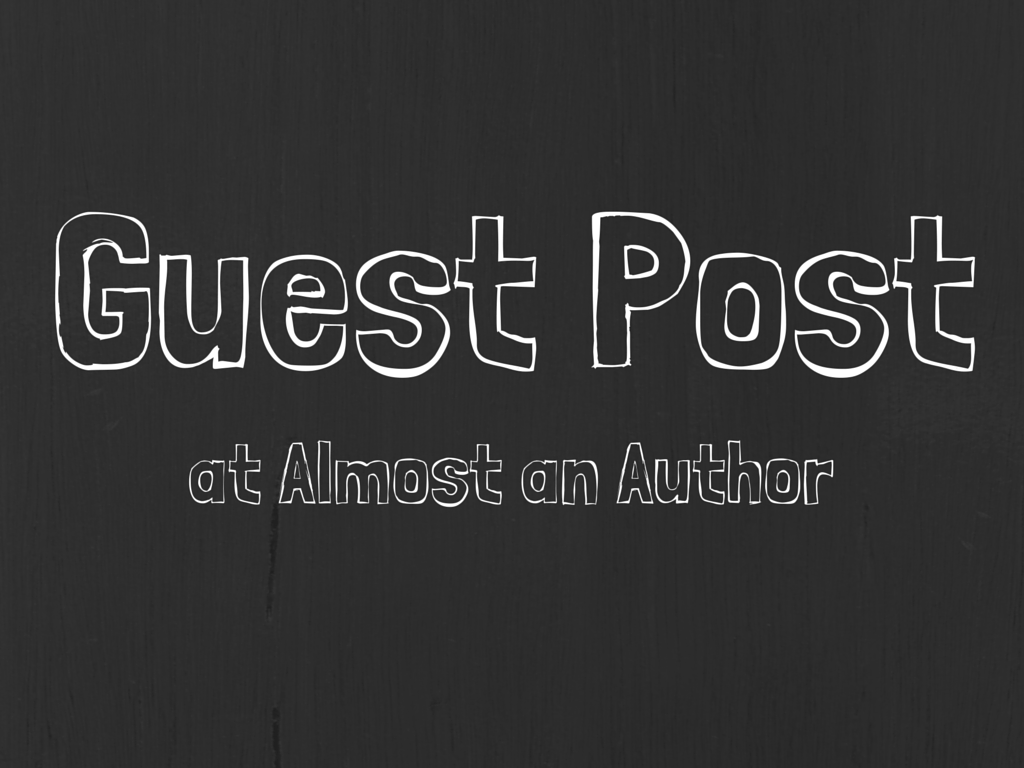
Every writer craves accolades from her readers and the industry. She wants exemplary recognition about her plot, voice,…
April 3, 2017
[vc_row][vc_column][vc_column_text]The steamer which crossed the Pacific from Yokohama to San Francisco made a direct connection with that from Hong…
April 1, 2017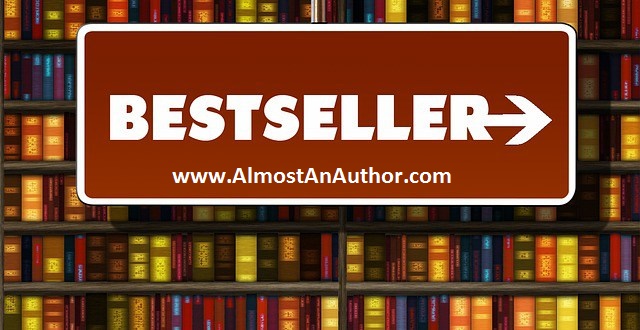
We welcome Cynthia Ruchti as our Best Selling Author Can you share…
April 1, 2017
Networking; what comes to mind when you hear that word? Are you groaning? Are you having a flashback…
March 31, 2017
Of the mechanical misdeeds common to writing, the comma splice may be the most insidious. This sneaky little fugitive…
March 30, 2017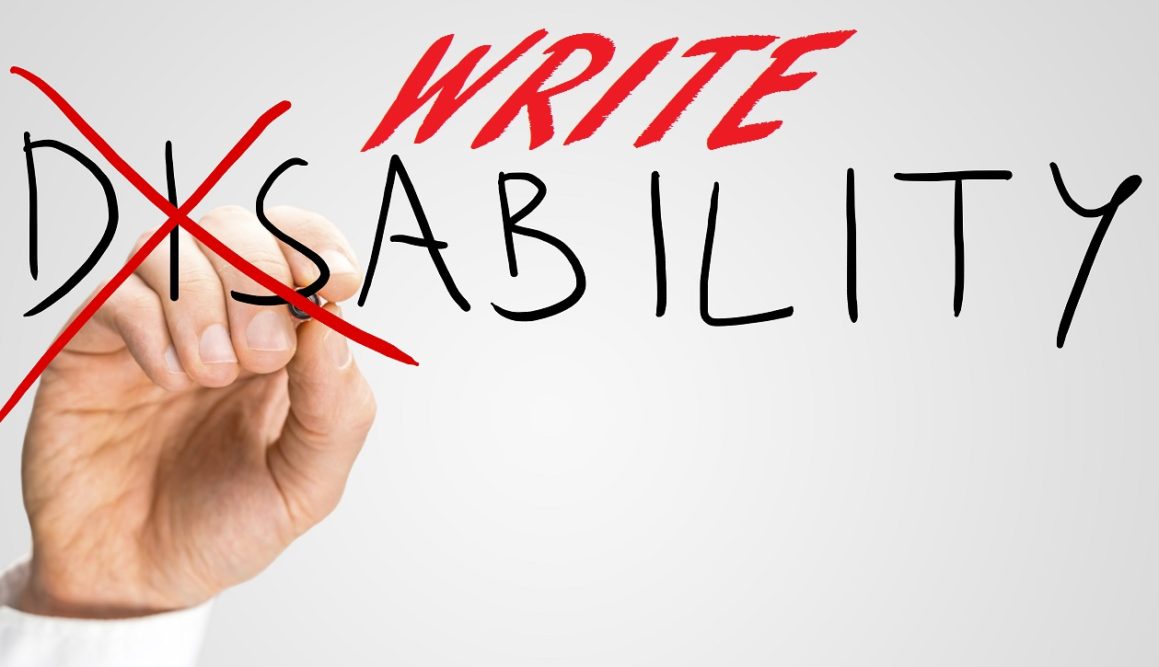
The ninth annual World Autism Awareness Day is April 2, 2017, and April is Autism Awareness Month with the…
March 29, 2017
You’re a copywriter. Not a novelist (okay, maybe at night). Not a screenwriter. Not a poet. A copywriter.…
March 28, 2017
Because spellcheck, wonderful as it may be, doesn’t catch words used improperly … And because the English language…
March 27, 2017




